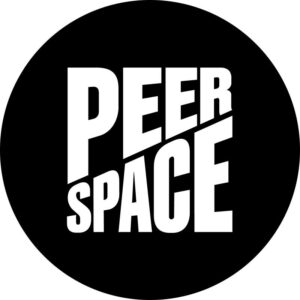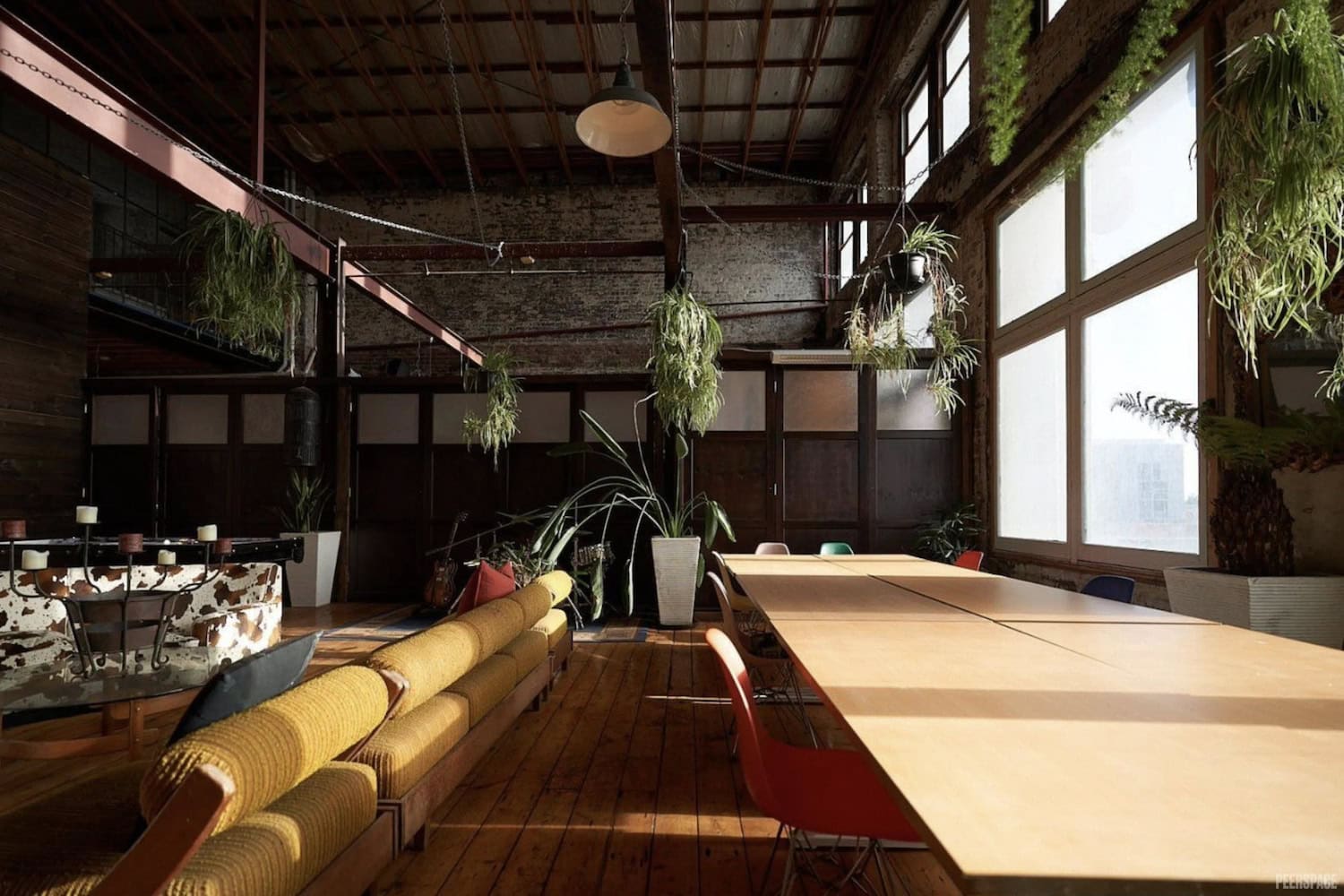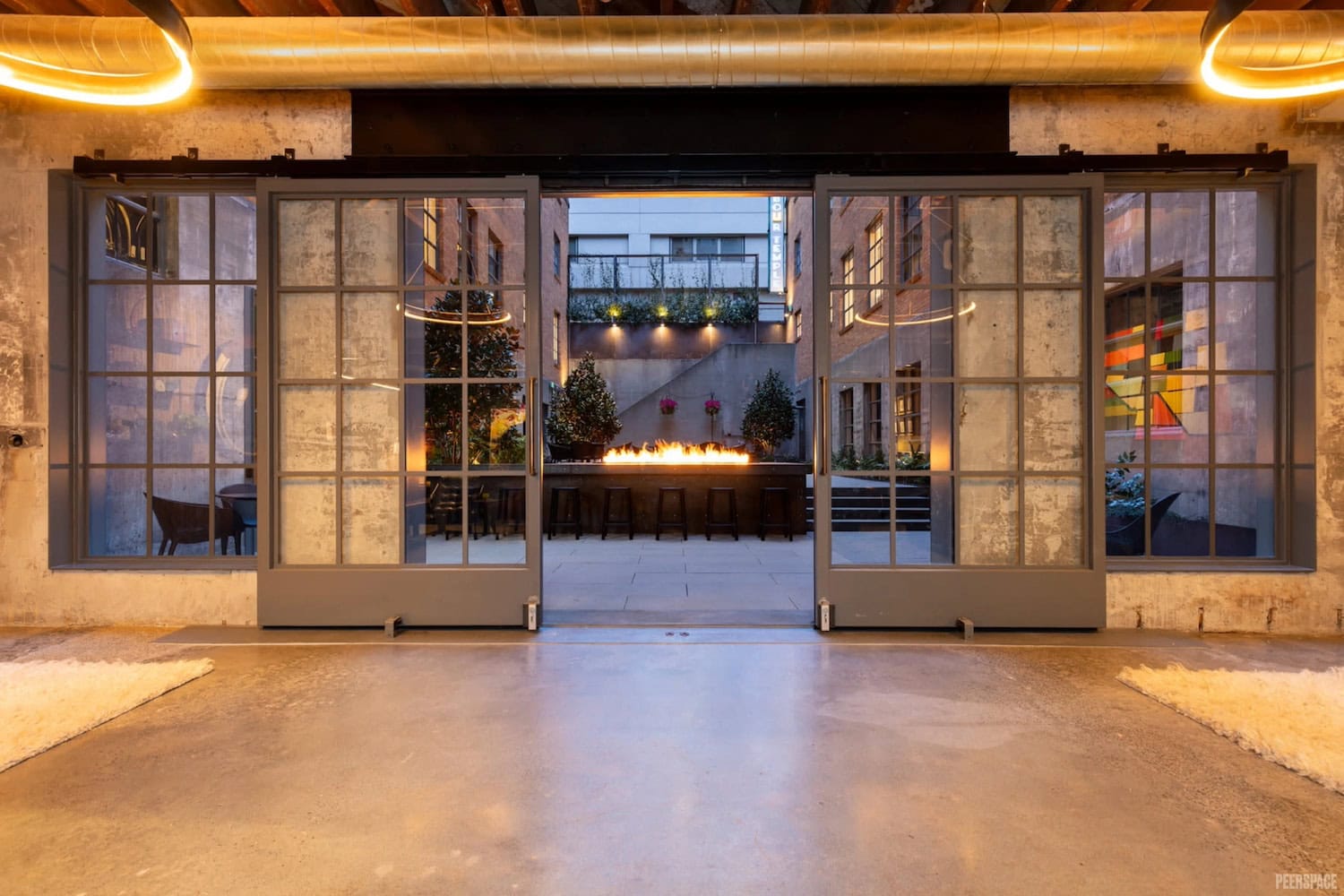
Source: Peerspace
If you’re wondering, “what is a workshop?”, then you’ve come to the right place. Most of us have been to a workshop at some point in our lives. Yet, it can be difficult to know what you’re going to get when you sign up. Will you be expected to observe or participate? Speak to each other or engage in a hands-on project? It doesn’t help that the word can mean different things in different contexts.
So, exactly what is a workshop, and can you consider your event one? As the go-to resource for event spaces of all kinds, Peerspace features hosts who know a thing or two about workshops.
Whether you’re hosting a one-time event or an ongoing series, check out the listings on Peerspace in your city to find out how you can get started planning your event today!
Now, let’s explore what a workshop is and why you may be planning one soon.
What is a workshop?

The Community Tool Box describes a workshop as an “educational program designed to teach or introduce to participants practical skills, techniques, or ideas which they can then use in their work or their daily lives”. The key here is practical. These events are less about textbook learning and more about hands-on activities and take-home skills you can apply right away.
Examples include a training or safety workshop, in which participants learn about on-the-job skills. There are also writing or acting workshops, in which participants hone their craft and get feedback from other participants.
A few other qualities of this type of event include:
- Small (six to 15 people) and participatory.
- Informal: they’re less likely to have a textbook or detailed syllabus than a “course.”
- Time-limited and self-contained: they may take place over multiple sessions but aren’t usually as long as a college course or degree program.
- They’re field-specific and taught by leaders with experience in that field.
This doesn’t mean that all workshops will meet this definition. However, it’s a general idea of what to expect when you sign up for one or decide to start planning one yourself.
Our creative workshop ideas will have you even more excited to host your workshop event!
What is a workshop for?
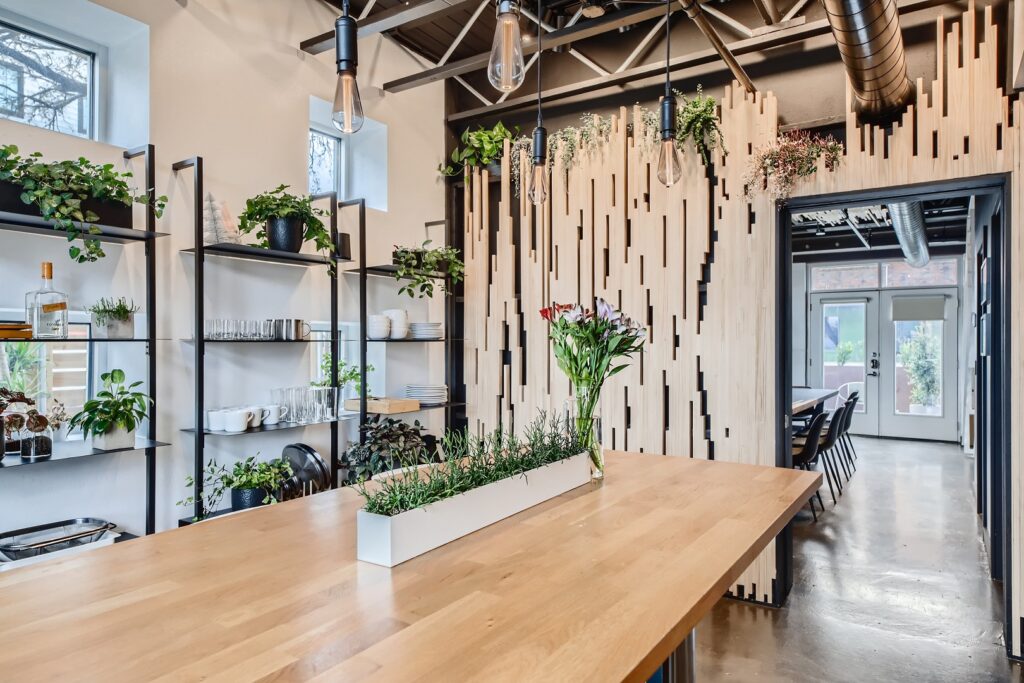
So, what is the purpose of a workshop, and who is it for? In general, it’s for people who want to learn a new skill without the time commitment of a comprehensive degree program. It may be a chance to explore a new field or level up your experience in an existing one.
For example, YogaWorks offers everything from a four-week Beginner Yoga Series to a single-day workshop on “How to Meditate in 4.06 Minutes Per Day.”
General Assembly has workshops on software engineering, coding, and UX design for individuals and companies. Some workshops, such as a First Aid workshop, might lead to a certification or professional qualification.
That said, the benefit of a workshop isn’t just for the participants. A company might schedule one to get employees up to speed on new software. Or they may host a workshop with free pizza and drinks to promote a new product or build brand publicity.
Workshops are also great for team-building, such as this blacksmithing workshop offered by the Crucible in Oakland, California. In this case, the skill isn’t what matters since few participants are likely to take up blacksmithing as a hobby. Rather, the bonding experience and novelty of the activity are what’s crucial.
Finally, workshops can be a great opportunity for instructors, too. You may have experience in your industry but lack the credentials — or desire — to be a professor. In that case, you can run a workshop to share your expertise or even take your ideas on the road. Some writers find that workshops are more effective than book readings in getting people to engage with their ideas.
The difference between a workshop and a course or class
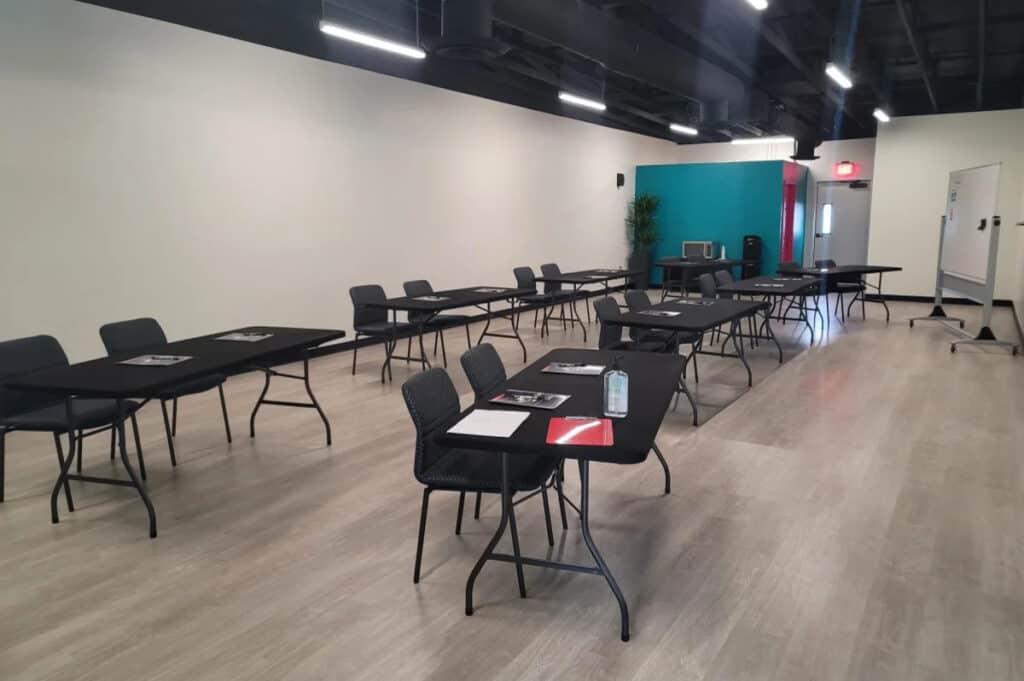
What distinguishes a workshop from a course? And how do you know whether you should market your event as one versus the other? The main difference, as we saw earlier, is that workshops tend to be more informal. Conversely, courses are more structured and sometimes lead to a certification.
For example, if you wanted to learn a new language, you might enroll in a Spanish course and work your way up through Levels A1, A2, and so on. But if you already know the language a bit, you might choose an immersion workshop instead and focus on applying those skills.
A course is often larger than a workshop, with less focus on participation. An instructor delivers lessons instead of through hands-on experience, and an exam may follow. The difference can be a little semantic, so don’t get too hung up on it. The important thing is to provide a thorough description of your event to make sure you attract the right audience.
Where to host a workshop
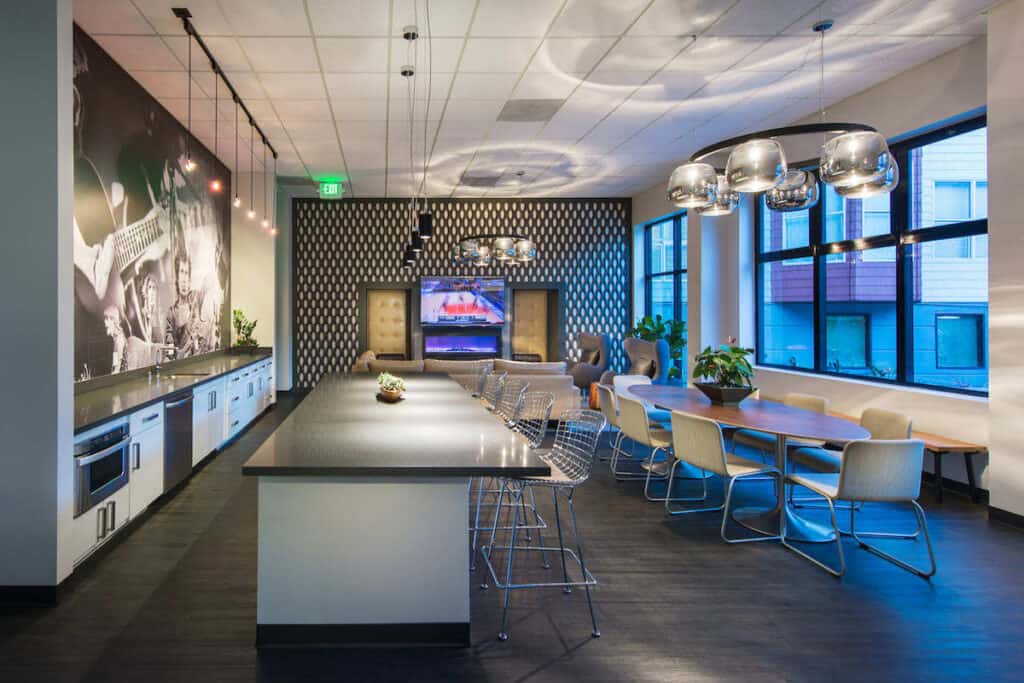
Once you have a idea in mind, it’s time to find the right event space for it. But what should a workshop venue even look like? Peerspace can be a great option because you’ll find everything from beautiful yoga studios to coworking spaces to a modern makerspace.
Here are a few of our favorite examples:
- This professional kitchen and dining room in Berkeley for a cooking workshop
- This bohemian cabin for a writing workshop in Los Angeles’s Echo Park neighborhood
- This fully equipped photo studio in Los Angeles for photography forums
- This performance space in Seattle ideal for acting and music workshops
- This open layout yoga studio in Philadelphia for wellness retreats
- This industiral makerspace in Scottdale, Georgia for woodworking, painting, and welding
- This creative and flexible coworking space in Chicago ideal for off-sites and classes
And more! To find your perfect workshop space, just filter the listings to include any amenities you need, such as Wi-Fi or A/V gear. Then, sort them by capacity, price, and location. Peerspace is also ideal for touring facilitators since you can rent a ready-to-go space directly from local hosts anywhere.
Don’t settle for hosting your event in a classroom. Choose a unique venue that will get your participants excited to attend!
Is your workshop dedicated to female empowerment? Then you need to see our 11 great women’s empowerment workshop ideas next!
How to plan a workshop

There’s a lot to consider when putting your event together, so we’ve assembled a more in-depth guide to planning a workshop. For now, start by getting your lesson plans in order, writing a description of your workshop, and publicizing it on your website or on social media.
You can sell tickets through an online platform like Eventbrite or reach out to a local business or conference to see if they’ll consider including your workshop as part of their programming.
Then, decide if there are any other details to consider. If you’re hosting an all-day workshop, will you ask participants to bring their own lunch, or will you hire a caterer? Do you need a projector or sound system? Do you want a videographer on hand to record your presentation?
Answering these questions will help you better envision and plan your workshop.
What is a workshop: conclusion
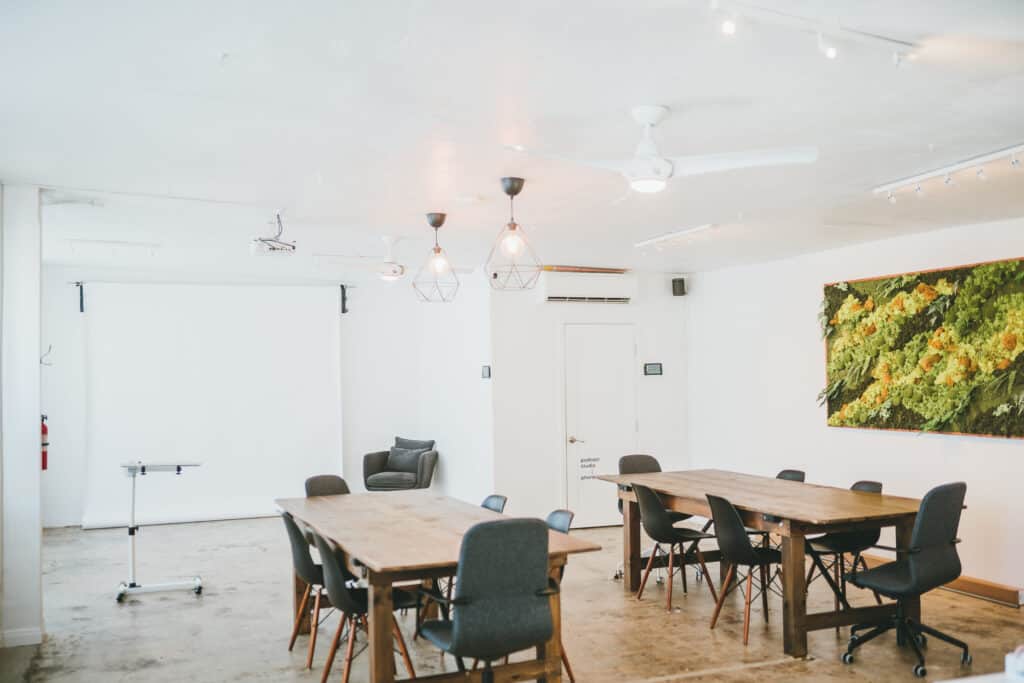
By now, you should have a great grasp of what a workshop is. As you can see, it’s different than a course or forum, yet with similar end goals. Workshops allow participants to access new skills and information but in a less formal setting.
Now you just need to find the perfect location for your workshop through Peerspace! We have incredible venues of all sizes, and styles, in locations across the nation and globally. Simply find the venue that suits your workshops’ needs and book away.
Your Peerspace venue may have some of the gear you need on-site — such as A/V equipment — but if not, the Concierge service can help you add it to your booking. From catering services to equipment rentals, the Peerspace Concierge can connect you with the best local vendors, so you can focus on the most important part of your workshop: the participants.
Find unique workshop venues on Peerspace
Get together somewhere better
Book thousands of unique spaces directly from local hosts.
Explore SpacesShare your space and start earning
Join thousands of hosts renting their space for meetings, events, and photo shoots.
List Your Space
